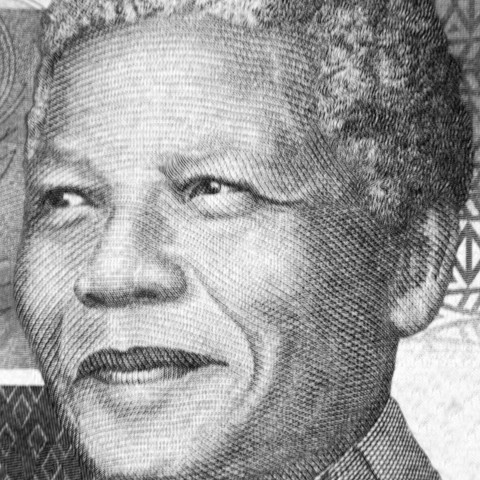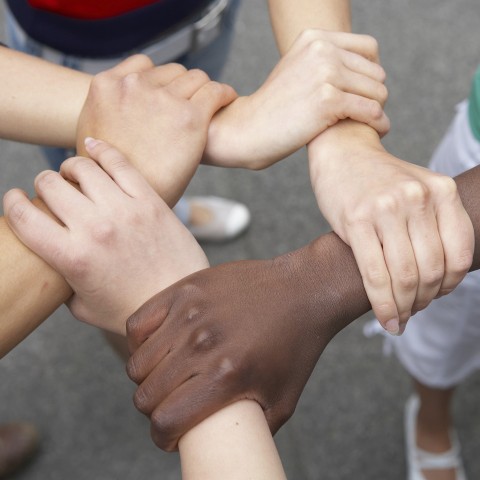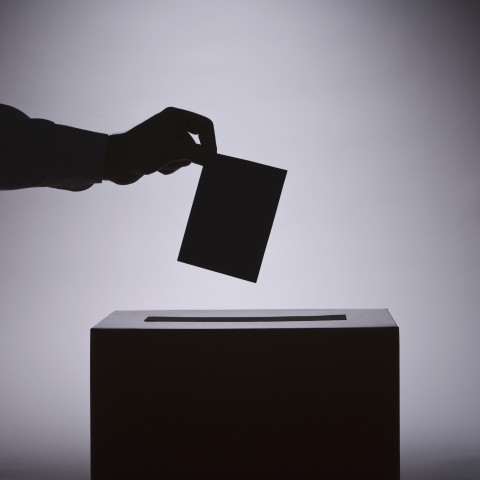Freedom Day is one of the most significant holidays in South Africa, marking the date in 1994 that non-whites and alien residents were allowed to vote freely in an election. In this article, you’ll learn a little bit about the history of this holiday, how it’s celebrated, and more information about Freedom Day.
Let’s get started!
1. Why is Freedom Day Important?
On National Freedom Day, South Africa celebrates the date in 1994 that the country’s first free and demokraties (“democratic” ) elections were held. This took place after the time of apartheid and marked a nuwe era (“new era” ) for South Africa.
Now, all citizens eighteen or older were allowed to vote in a fair election, regardless of their rasse (“race”), including people who were not native to the country. During the apartheid, non-whites faced major stipulations on voting, making this 1994 election a huge leap forward for the South African people as a whole.
Nelson Mandela won this election, becoming the first black leader of the country, as well as the first president of post-apartheid South Africa. Over the course of three days, approximately 20-million votes were counted, in addition to nearly 200,000 votes that were rejected for being invalid. Of these votes, sixty-two percent went toward the African National Congress, which then joined the National Party and Inkatha Freedom Party, forming the new National Assembly. It was this governing body that elected Nelson Mandela as president.
South African Freedom Day also seeks to commemorate and honor the country’s grondwet (“constitution”).
-
→ As you probably know, Nelson Mandela was a prominent figure in South Africa. You can read about the July holiday Nelson Mandela Day on AfrikaansPod101.com.
2. When is Freedom Day in South Africa?
Each year, South Africans celebrate Freedom Day on April 27.
-
→ Check out our lesson on the Top 5 Important Dates During the South African Calendar Year to learn about four more holidays!
3. How is Freedom Day Celebrated in South Africa?
Because this is a national holiday, most people don’t need to go to work or school so they can partake in the Freedom Day events. Many of these events and festivities have to do with the arts, and there are several sporting events and festivals as well.
Another favorite activity is the braai, which is a South African-style barbeque. People enjoy catching up with friends, family, and even strangers over a tasty BBQ meal!
In addition to these Freedom Day celebrations in South Africa, many people simply enjoy taking the day off work. Depending on the weather, people can go to the beach or visit significant historical sites to have fun and reflect upon the country’s history.
-
→ AfrikaansPod101.com has a lesson about popular South African Dishes and dining etiquette. If the braai sounded good to you, you should definitely take a look.
4. UnFreedom Day and Pagan Freedom Day
On the same date as Freedom Day, there are actually two other unofficial holidays.
The first is UnFreedom Day. This holiday was intentionally set for the same date as Freedom Day in order to draw more attention to it. It’s a day of mourning, and a time to realize that while there has been lots of progress, there’s still a long way to go. In particular, the aim of UnFreedom Day is to educate South Africans about the plight that poor people still face today.
The second unofficial holiday is Pagan Freedom Day. On this day, pagans living in South Africa honor nature and the cycle of seasons.
5. Must-Know Vocabulary for Freedom Day
Are you ready to review some of the vocabulary words from this article? Here’s a list of the most important words and phrases for Freedom Day!
- Stem — “Vote” [v.]
- Verkiesing — “Election” [n.]
- Saam — “Together” [adv.]
- Post-apartheid — “Post-apartheid”
- Demokraties — “Democratic” [adj.]
- Liberasie — “Liberation” [n.]
- Grondwet — “Constitution” [n.]
- Burger — “Citizen” [n.]
- Feesviering — “Celebration” [n.]
- Nuwe era — “New era”
- Rasse — “Race” [n.]
To hear the pronunciation of each word, and to read them alongside relevant images, be sure to check out our Afrikaans Freedom Day vocabulary list!
Final Thoughts
We hope you enjoyed learning about Freedom Day in South Africa with us.
Did you learn something new today? Is there a similar holiday in your own country? We would love to hear your thoughts in the comments.
If you’re interested in learning more about South African culture or the Afrikaans language, you may find the following pages useful:
- An Introduction to South African Pop Culture
- The Most Commonly Used Nonverbal Gestures in South Africa
- Celebrating Cultural Heritage Day in South Africa
- Afrikaans Etiquette in South Africa: What You Need to Know
- Most Common Travel Phrases in Afrikaans
To keep learning about the Rainbow Nation and improving your Afrikaans language skills, create your free lifetime account on AfrikaansPod101.com and start learning with us.
Happy Freedom Day!















